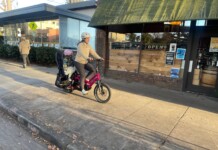By Peter Abraham — Recently I attended, for the second time, the All Clubs LA weekend in Long Beach, California. It’s three days of events — rides, seminars, a black tie gala — that welcome cycling clubs from all over. The weekend is anchored by clubs in the Black Cycling community, and over 350 cyclists came in from all over the country.
I believe every community should be represented on bikes: every ethnicity, every sexual orientation, kids, men, women, everyone. But I want to focus for a minute on recreational cycling and the Black community, which has a unique story in the United States and a unique set of road blocks that have prevented their participation in a number of sports.
When I attended and spoke at this event last year — screening an episode of my HBCU cycling documentary series — I realized, looking out across the ballroom, that there is a defined Black Cycling culture in the US. That’s now a thing. But seeing the dramatic growth and tangible energy at this year’s All Clubs weekend showed me that Black Cycling is quickly picking up steam. The momentum is real. Not only that, but this community is arguably the most culturally relevant group of people on bikes. Even if you’re not a cyclist, you see the swagger, energy and cool factor of these clubs. It’s visible and energizing.
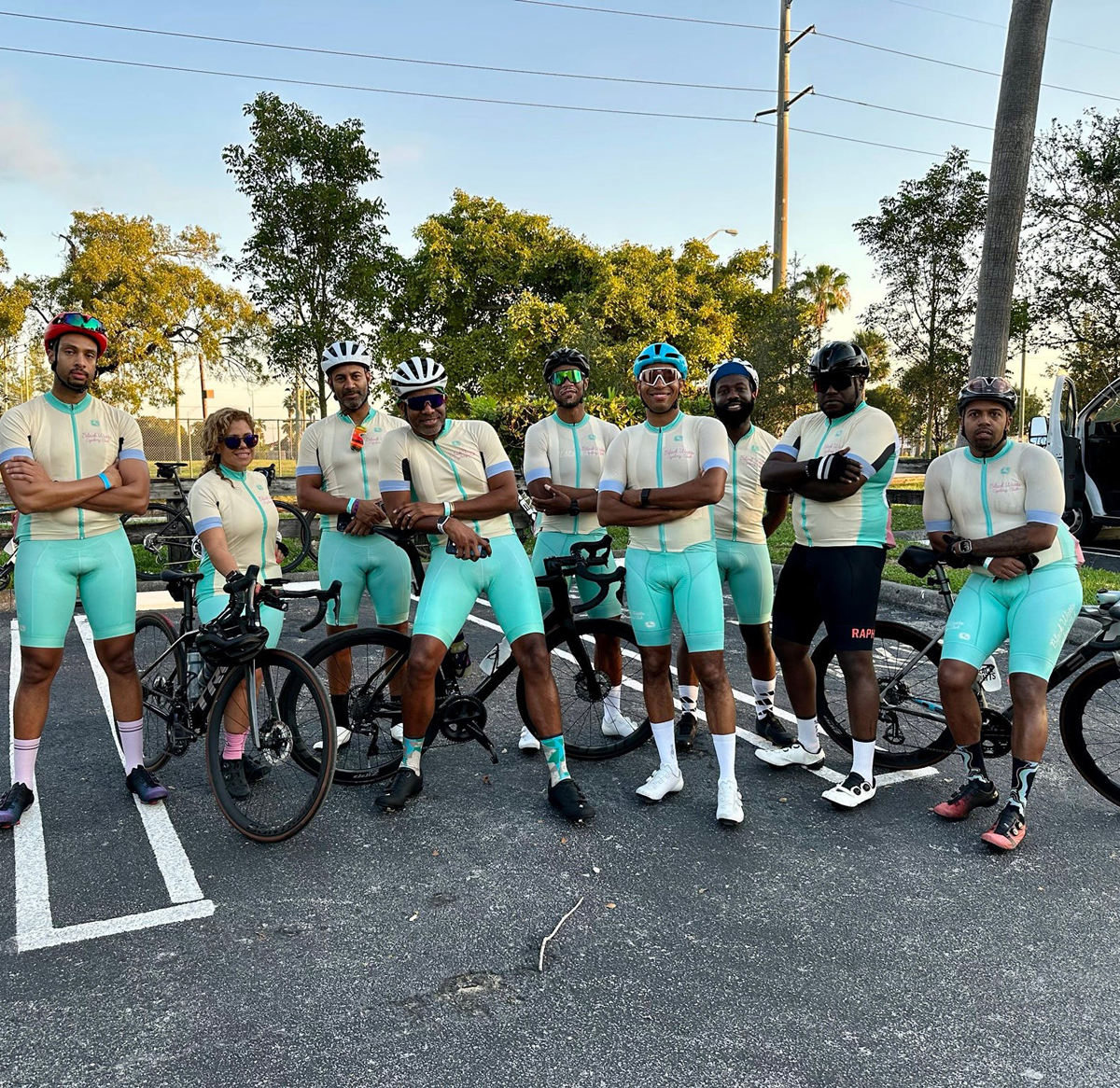
Black Cycling has hit the tipping point and is now poised to transform cycling at both the recreational and competitive levels. Here’s what I’ve learned as someone who’s worked on diversity initiatives for decades and specifically in bikes for the past four years:
A huge number of riders in the Black Cycling community just picked up a bicycle during the pandemic. These folks are new to bikes and unencumbered by what has come before. Clubs like Kings Rule Together/Queens Rule Together (400 members) in Philadelphia and the Black Watts Cycling Club (70 members) in New Jersey have gotten really big just in the last two years. The growth has been driven by new cyclists who are not necessarily enamored with, or even aware of, European professional racing. That’s not a cultural reference point for this community in the same way it is for someone like me who’s been around the sport for decades.
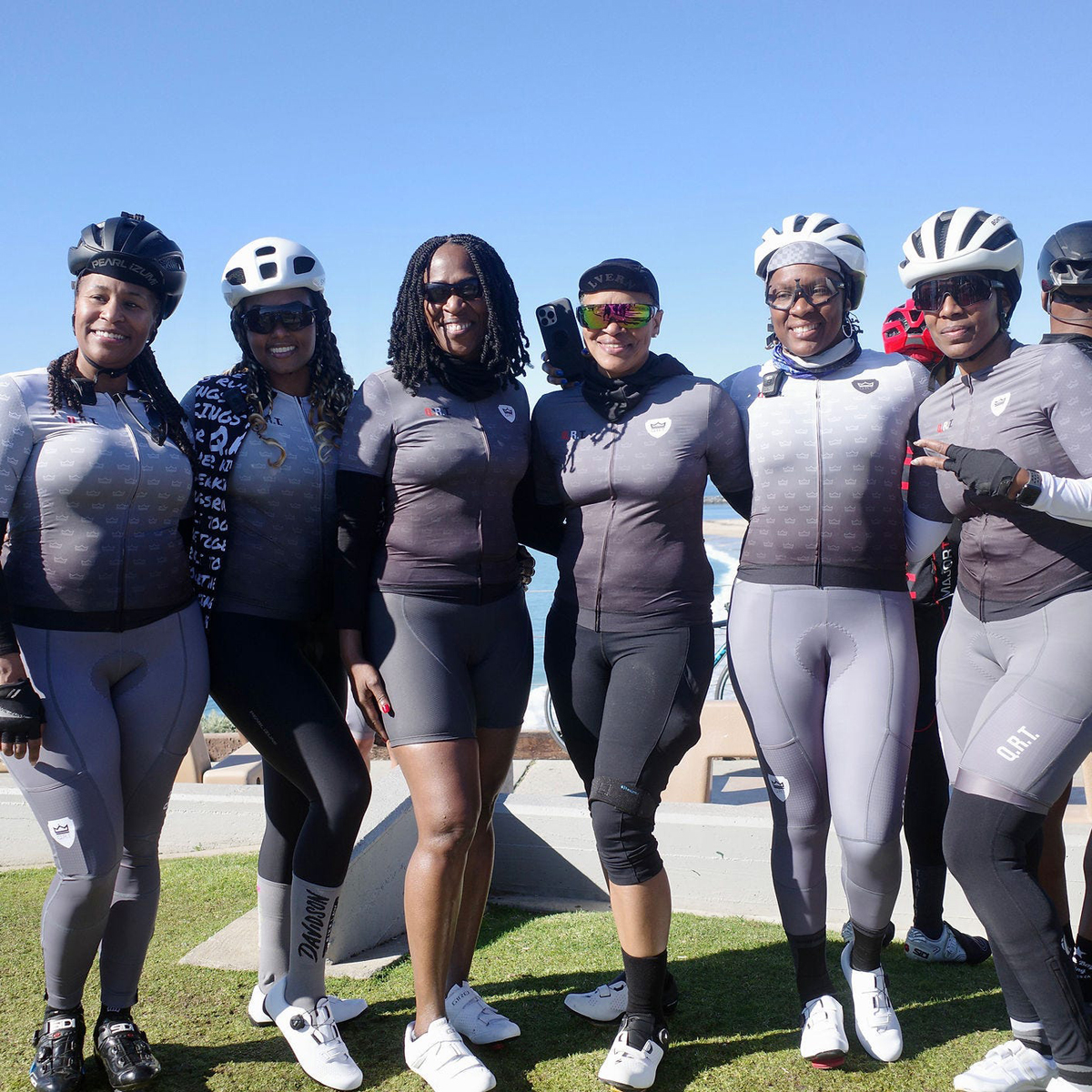
The passion of these new cyclists and clubs is unlike anything I’ve seen. The KRT/QRT club in Philadelphia brought more than 80 people out to California for this one weekend. That’s pretty staggering, and I can’t think of an example like this in traditional cycling clubs, with this kind of growth and commitment to travel. The co-founder of the Black Watts club came out from New Jersey, and I met cyclists from Washington DC, Atlanta, Raleigh, Charlotte, Boulder and New York. The reason they showed up is that the All Clubs event welcomed them with open arms. Traditional cycling events typically don’t reach out to diverse clubs with intention like this.
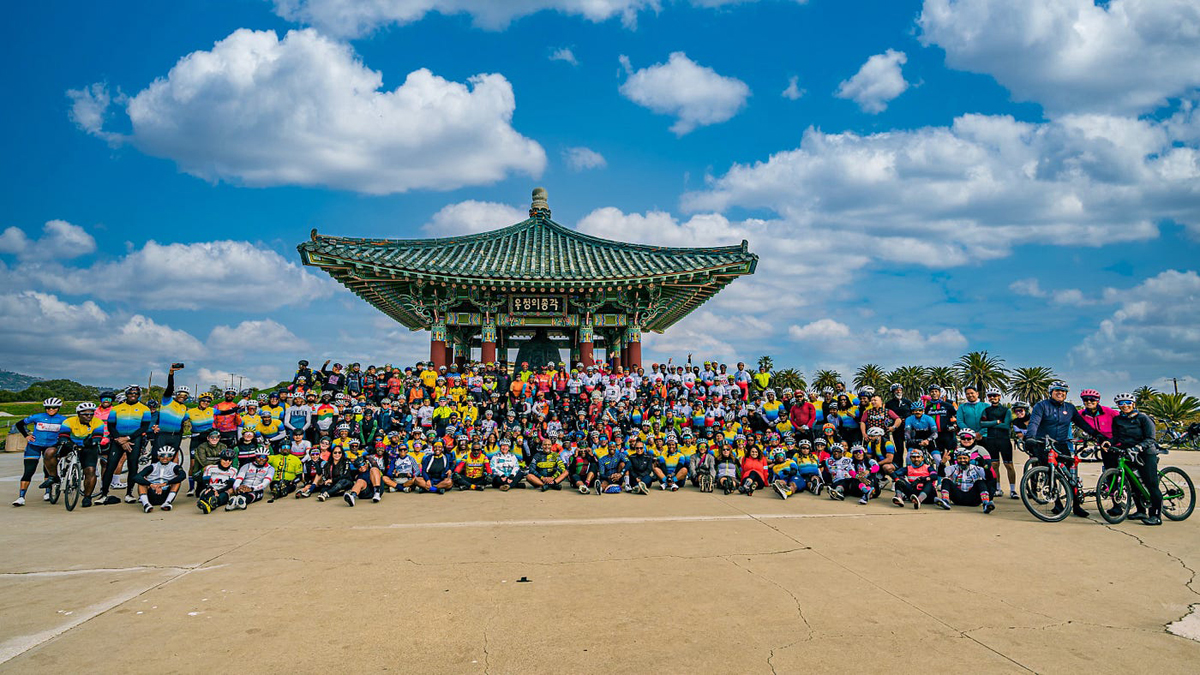
Black culture approaches cycling like they have music, basketball and everything else: with their own spin, their own community and their own vibe. It’s fantastic to see a historically white, tradition-bound sport get an injection of culture like this. It makes me think of NBA basketball in the 1950s, before Black players had arrived in large numbers, compared to the same league in the 1970s, after Kareem Abdul Jabbar, Wilt Chamberlain, Bill Russell and Julius Erving had transformed the game. Could American bike culture be in for a similar reset? I sure hope so.
Black Cycling culture is inclusive and welcoming. I walked into the ball room for the black tie gala on Saturday night and saw that of the 350 of us in attendance, maybe 20 were white. At first I felt uncomfortable — Do I belong here? — but that only lasted a few minutes. As soon as we started talking about bikes I realized that all cyclists share a love of endorphins, adrenaline, gear and community. These personality traits make it likely that you will connect quickly and intuitively with others in the bike community, no matter their age, skin color, sexual orientation or socioeconomic status. So immediately the crowd felt gracious, familiar and fun. We bantered about group rides, kits, saddles, climbing, Strava. The things all cyclists talk about when they’re in a group. We were all there together to celebrate the joy of cycling. This is why the bicycle may be the best cultural bridge ever created. And like Rahsaan Bahati, a co-founder of this event, told me, “Hospitality has always been part of Black culture.”
Young Black cyclists now see bike racing as a sport they have a right to participate in. I recently met Jelaani Davis, who works at the Rapha Clubhouse in Santa Monica. He is evidence of the change that is coming to bikes and bike racing. A nationally ranked triple jumper in his final year of eligibility on the UCLA track & field team, he’s also diving passionately into bike racing. He’s got a coach, he rides with pro racer and L39ion of Los Angeles team founder Justin Williams and he fits in MTB races and fast group rides between UCLA track meets. At 23, I’d call him part of the “post-Justin” generation: he’s aware of what Nelson Vails, Rahsaan, Justin and the St Augustine’s University HBCU team have done. He knows about Major Taylor and he sees the sport becoming more diverse. Jelaani looks at bike racing and says, “There’s a place for me here. I can do this.” I’m not sure he would have said that even five years ago. I expect to see a lot more young and diverse bike racers in the near future, and it will be a huge positive change for the sport of cycling.
The bike industry is mostly unaware of Black Cycling and slow to jump on board with the movement. There were only a handful of brands in attendance at the All Clubs event, but good for the ones I did see there: Zwift, Strava, Giant, Brompton, USA Cycling, Serious Cycling and the People for Bikes non-profit. This lack of commitment is representative of brands in many industries with leadership that is stuck in their traditional bubbles and unable to see customer trends. It’s unfortunate because the Black community is waiting with open arms for industry outreach. Black Watts co-founder Chad Bennett told me, “One of the frustrating things is how we are ignored. Nobody is marketing to us. Our members are brand new and buying bike bags and flying across the country. That speaks to the passion in this community.”
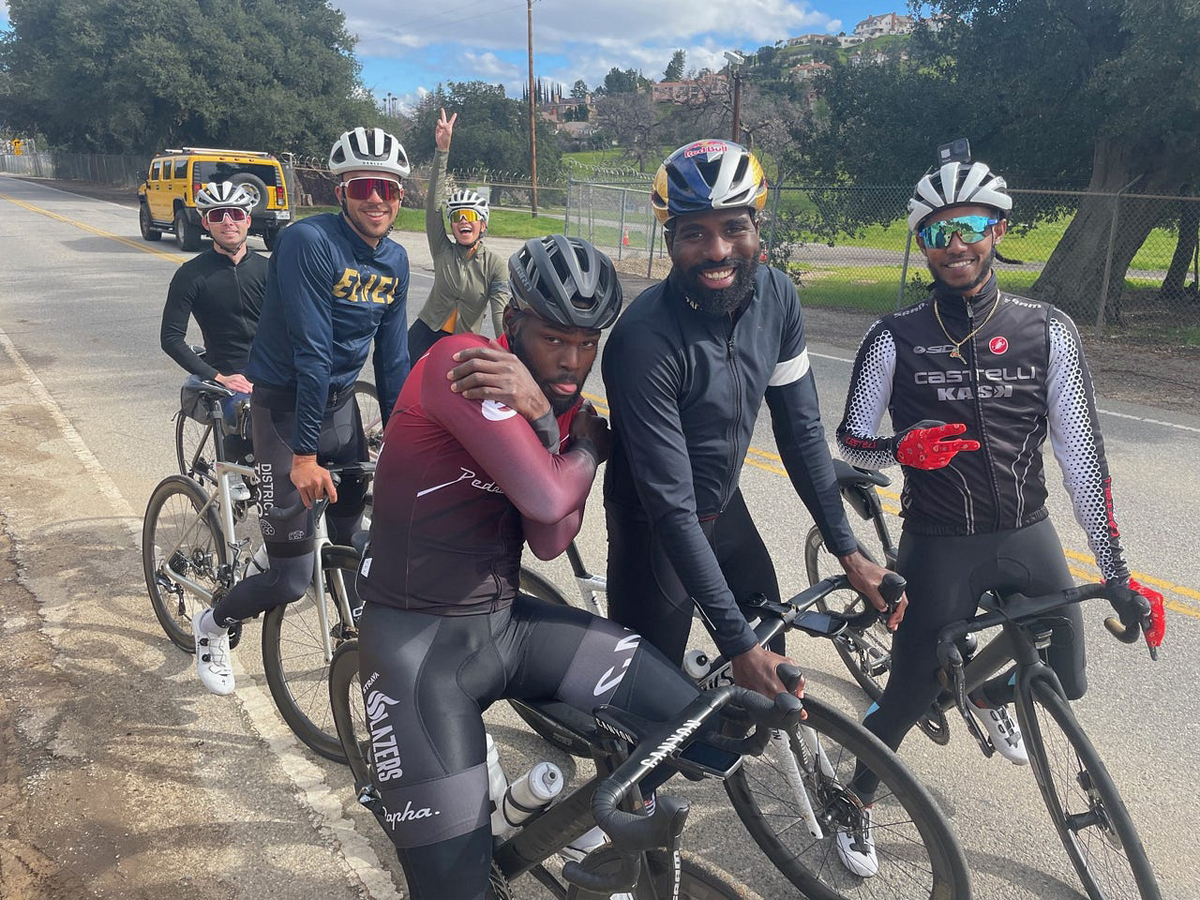
In 2017 I rode my first gravel race, The Belgian Waffle Ride, and I immediately saw the potential for that kind of racing. If you were paying attention back then, you knew gravel was going to get huge. I feel the same way about the Black Cycling movement and its power to make bikes accessible and welcoming for all communities, ethnicities, gender orientations and ages. I believe that the All Clubs weekend will grow into a national movement with thousands of members. Like Black Watts co-founder Chris Harvell told me, “Cycling is better when the door is open to everyone.” I couldn’t agree more.

